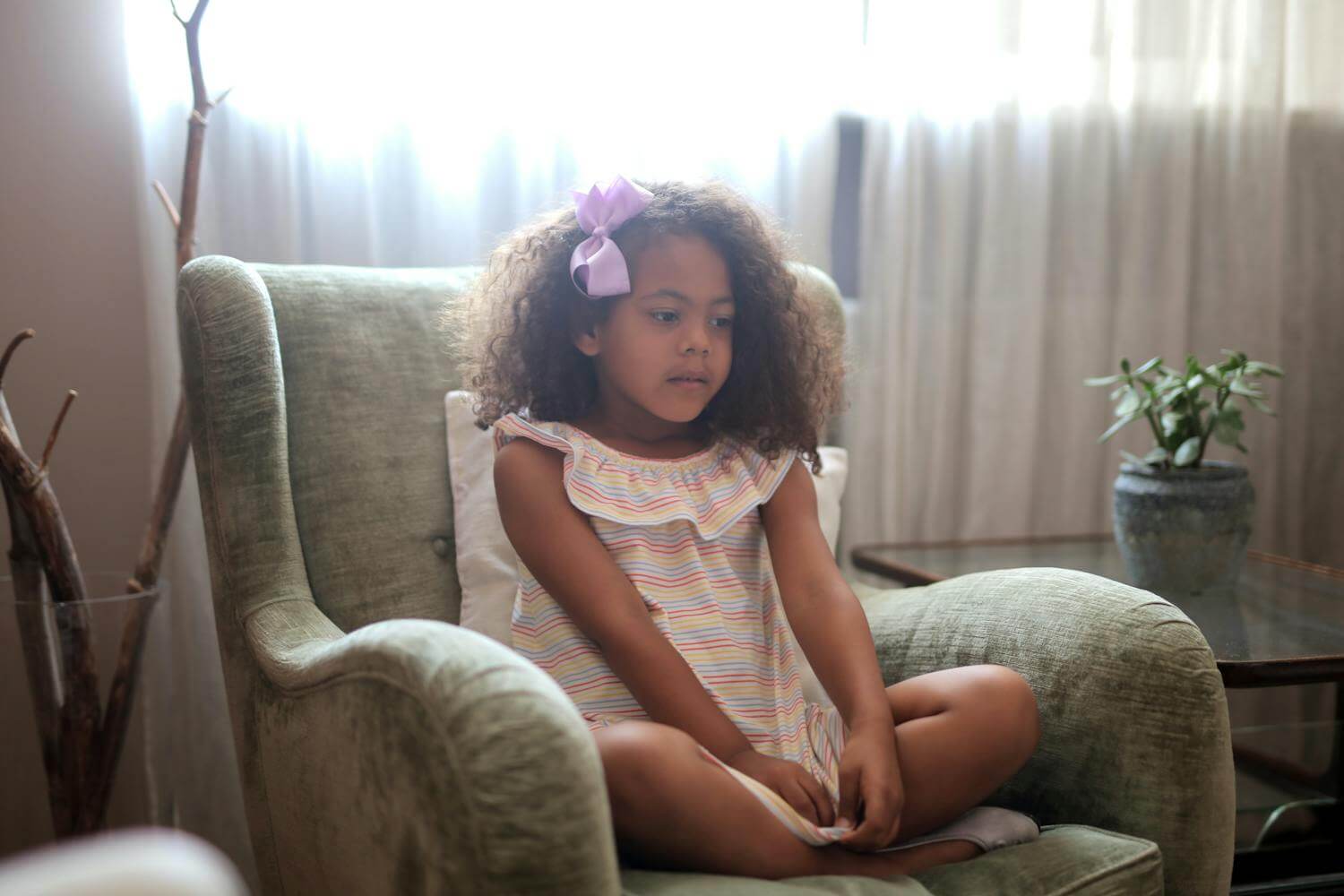In Australia, the question of when can a child decide which parent to live with in Australia is complex and lacks a straightforward legal age.
The decision is influenced by various factors, including the child’s maturity, understanding of the situation, and whether their preference is well-informed and free from parental influence.
Understanding the Legal Framework
The Family Law Act does not specify an age when a child can make this decision. Instead, it focuses on the child’s best interests, considering their relationship with both parents and the need to protect them from harm.
The court assesses each case individually, taking into account the child’s maturity and understanding.
Key Takeaway: There’s no specific legal age for a child to choose their living arrangements in Australia. The court’s decision is based on the child’s best interests and maturity level.
The Role of Child’s Wishes in Court Decisions
While a child’s wishes are considered, they are just one of many factors the court evaluates. The weight given to these wishes varies with the child’s age and maturity.
For instance, a teenager’s preferences might be given more consideration compared to a younger child, especially if they can articulate their reasons well.
Key Takeaway: A child’s preference is important but not the sole factor in court decisions. The maturity and reasoning behind their choice play a crucial role.
The Importance of Family Consultants and Report Writers
Family consultants, such as counsellors or therapists, often interview the child to gauge their maturity and understanding.
Their reports help the court make informed decisions about the child’s living arrangements.
Key Takeaway: Professional assessments by family consultants are vital in understanding the child’s perspective and assisting the court in its decision-making process.
Need a Lawyer?
The Misconception About Age
Contrary to popular belief, there isn’t an age, like 12 or 14, where a child can legally decide where to live.
Each case is unique, and the court’s decision is based on a comprehensive evaluation of all relevant factors.
Key Takeaway: Age alone doesn’t determine a child’s ability to choose their living arrangements. It’s a more nuanced decision involving various factors.
Also read: 6 Ways to Split Christmas Between Divorced Parents
The Impact of Sibling Relationships
In cases involving siblings, the court is often reluctant to separate them, especially if they share a strong bond.
The preferences of older siblings might be given more consideration than younger ones.
Key Takeaway: Sibling relationships are essential in court decisions, especially when separating them.
Encouraging Out-of-Court Resolutions
It’s generally advised to resolve parenting disputes outside of court. Options like mediation and counselling can involve children and lead to more amicable solutions.
Out-of-court dispute resolutions are often preferable, offering a less adversarial approach to deciding a child’s living arrangements.
Helping Our Clients
As a law firm specialising in family law in Australia, we recently assisted a client who was deeply concerned about her daughter’s living arrangements post-divorce. The mother approached us to clarify when a child can decide which parent to live with within Australia.
Understanding her anxiety, we provided comprehensive guidance based on the Family Law Act, emphasising no specific legal age for such a decision.
Instead, it depends on the child’s maturity and understanding of the situation. We arranged for a family consultant to assess her daughter’s wishes and maturity level.
This assessment was crucial in preparing a report for the court, ensuring the child’s voice was heard in the decision-making process.
Consult With Legal Experts
Navigating the complexities of family law, especially when it concerns the well-being of children, underscores the critical importance of seeking professional legal advice.
Our experience with this case reaffirms that each family’s situation is unique, and legal guidance is essential in understanding and applying the nuances of Australian law.
By consulting with legal experts, parents can ensure that their actions are not only legally sound but also in the best interests of their children.
We strongly advocate for informed decision-making supported by expert legal counsel to navigate these sensitive and impactful life events.

